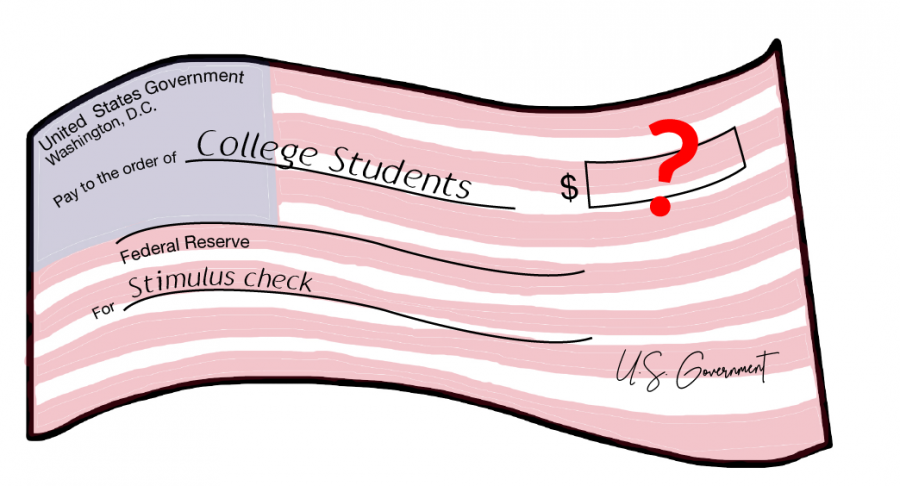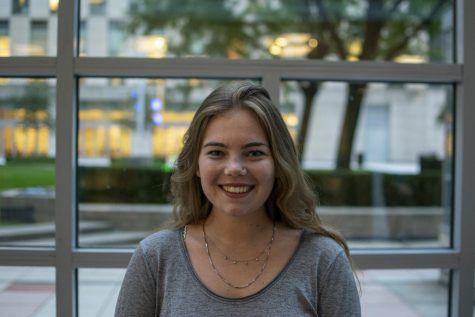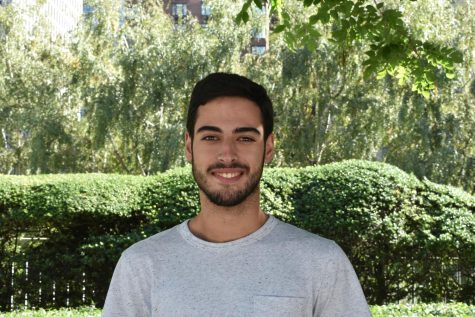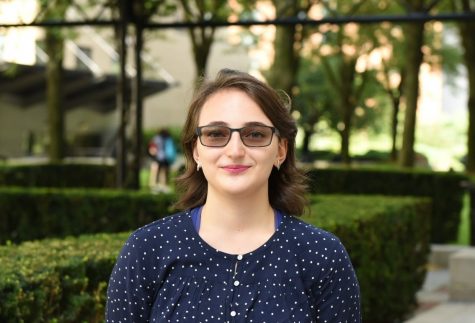College Students React to Governments’ Stimulus Money Checks
April 14, 2020
As the coronavirus continues to spread throughout the U.S., restaurants, industries and small businesses have suffered financially. On March 19, the U.S. government announced an economic relief package known as the CARES Act, or the Coronavirus Aid, Relief, and Economic Security Act.
A key part of the package includes stimulus checks that will send $1,200 of stimulus money to eligible taxpayers. Yet the specific details on who qualifies in the categories put forward by the government have left one demographic especially confused: college students.
U.S. taxpayers will receive stimulus money if they have an adjusted gross income below $75,000. Those candidates will also receive an additional $500 for children ages 16 and under. However, anyone claimed as a dependent on another person’s taxes is not eligible.
The student body at Fordham College at Lincoln Center (FCLC) is known for juggling paid internships, part-time jobs and other side gigs that make paying for life in New York City a bit easier, and many students file their own taxes. However, when Mayor Bill de Blasio declared a state of emergency in New York City on March 12, many students were no longer able to work.
Martina Finley, FCLC ’21, works at Ethlys, a bar on the Upper East Side, and is not claimed as a dependent. She received $600, the first installment of her stimulus check, on April 10.
“I have to be grateful for it, as it’s what is going to pay rent this month for me, especially since unemployment payments are coming out very slowly,” Finley said. Yet, Finley explained that if she were not receiving financial support from her parents, the stimulus money would not have been enough to support her needs and rent.
For international students who pay taxes in the U.S., stimulus money was additionally confusing. Harry Wu, Gabelli School of Business Lincoln Center ’21, does not hold an American passport and assumed that he was therefore ineligible for economic relief.
“I knew what stimulus money was, but just thought that I wasn’t going to receive anything since I’m not a citizen,” Wu said.
However, since Wu has a social security number and is authorized to work in the U.S, he is still eligible. Wu has worked at UBS, an investment banking company, since June 2019, receives his health insurance through Fordham and is not claimed as a dependent on anyone’s taxes.
However, many college students are still claimed as dependents on their parents’ or guardians’ tax returns, making them ineligible. Lila Cook, FCLC ’21, who works at Patent Pending, a bar in midtown, was claimed as a dependent and so did not qualify for the stimulus money.
Cook said that without her parent’s support and her savings, she would not be able to support herself. She has now tried to file for unemployment, but due to the high demands has been unable to get through.
“I also have not been able to receive unemployment because the NY labor website keeps crashing and phone lines are completely full,” Cook said.
Finley noted that while she is appreciative of her check, she is “very aware of how many people are not receiving this kind of aid.”
“It’s really disappointing to see the government failing to help people who are the backbone of the New York working class at a time like this,” she said.
In addition to stimulus checks, the government is also offering financial aid packages to higher education institutions under Part III of the act.
Bob Howe, assistant vice president for communications and special adviser to the president, confirmed that Fordham University will receive just over $8 million from the government. He said that 50% of the money will go directly to students.
“We still don’t know exactly how, and for what, the funds will be distributed but we’re committed to ensuring these funds make it to our students as quickly as possible,” Howe said.
















Walter Egler • May 12, 2020 at 4:51 pm
I’m aArmy vet on SSI and I have not received any thing yet but other’s here in monarch rehabilitation have and never seeveeed a day I can’t work because of my health what is going on with my check